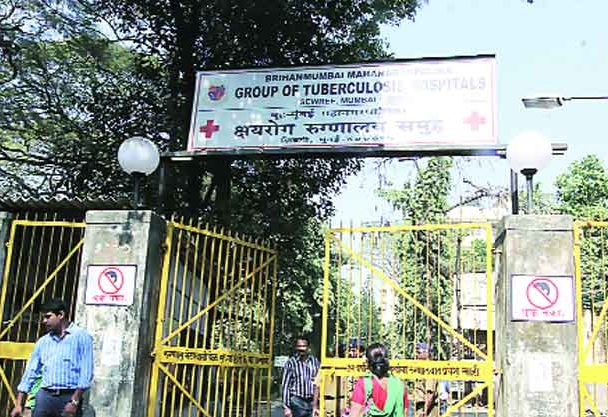
As healthcare workers die of TB - physicians, health organisations, TB groups, public health experts, and associations of healthcare workers - call for urgent action.
The recent death of a TB-treating physician due to drug-resistant TB (DR-TB) is a tragic example of healthcare workers in Sewri Hospital losing their lives due to inadequate infection control measures.
As the death toll rises, health organisations, TB groups, public health experts, human rights lawyers, trade unions and most importantly associations of healthcare workers have come together to write to the Union Health Minister, Minister of Public Health (Maharashtra) and the Municipal Commissioner of Brihanmumbai Municipal Corporation (BMC), calling for urgent action to reduce the risks of healthcare workers contracting tuberculosis at Sewri Hospital – Asia’s largest TB hospital. Increasingly, healthcare workers in high burden settings such as Sewri Hospital, have occupationally acquired TB, and several have developed active drug-resistant disease.
Despite the increased vulnerability, the persistent shortage of protective equipment like respirators and apathy to infection control measures in Sewri Hospital have outraged healthcare workers, the TB and public health community.
The letter expresses concern regarding the shortage of personal protective equipment i.e. N-95 respirators, and the lack of implementation of infection control practices at the Sewri Hospital. The callous attitude of the Indian government towards its healthcare workers is disturbing, especially given that investment in infection control measures is much lower compared to the
cost of diagnosing and treating drug-resistant TB cases, not accounting for the cost to the patient and his or her family.
The letter draws attention to several measures that health and local authorities can take to protect workers from tuberculosis in healthcare settings. Keeping in mind the Central TB Division’s, Ministry of Labour’s, Ministry of Health’s and BMC’s obligations under the law and national policies the letter calls for:
The letter strongly urges the government to pay urgent attention to infection control and prevention of TB transmission in Sewri TB Hospital. The success of a TB Control Programme is dependent on healthy, motivated and experienced health care workers who provide effective TB care on the front-line.
To download the letter, click here.